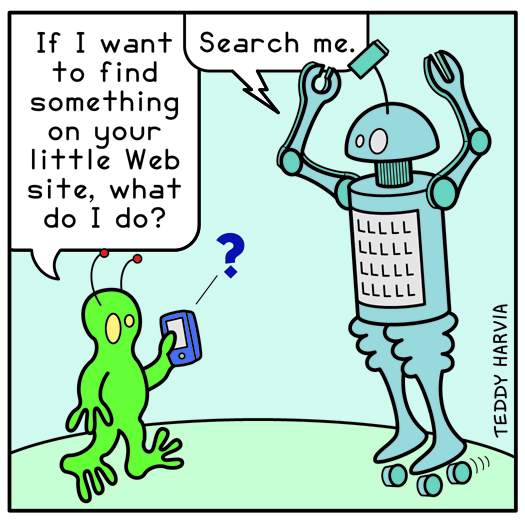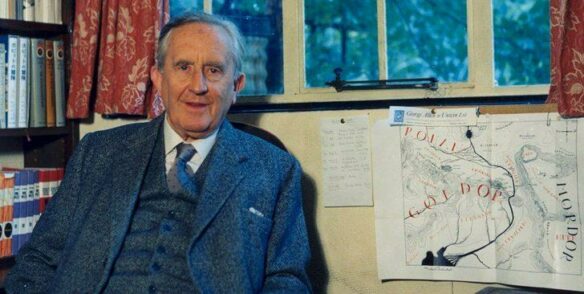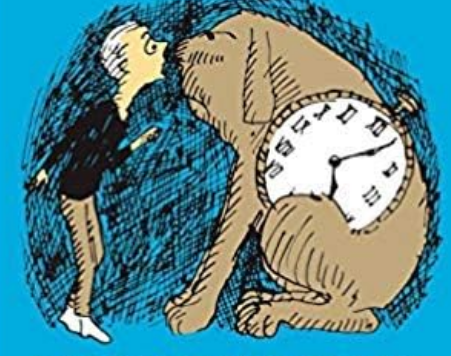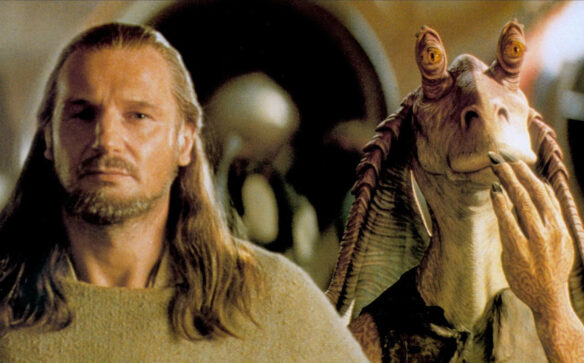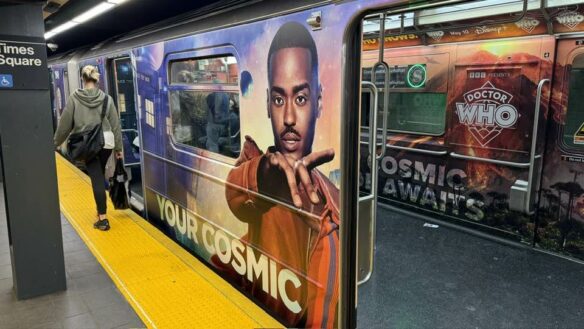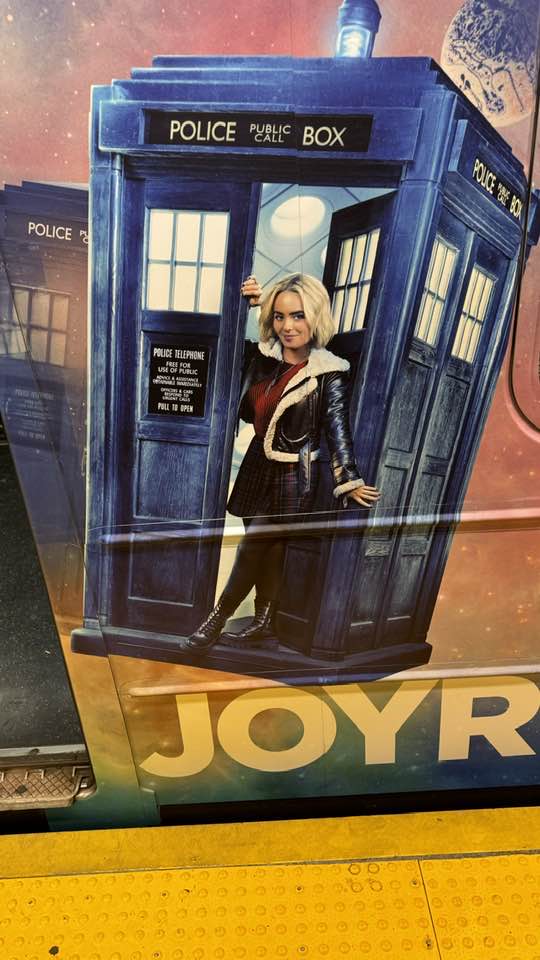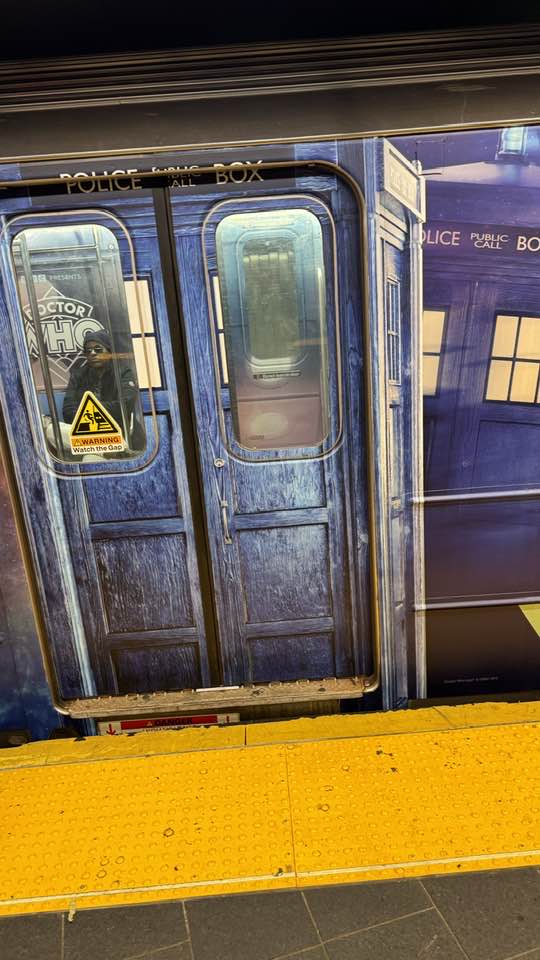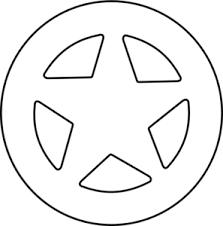
By Ingvar: Trigger Snowflake was idly sipping the last of his coffee, content after an excellent grilled synthe-cheese, and a Vienna-bread as a sweet finisher, when Anthrop Ologist came running from the back rooms of the Coffee Emporium.
“Sheriff! Sheriff! Have you seen?”
“Ah, Mx. Ologist, whan have I missed?”
“Here, it is a recent Letter of Comment from the Pluto SysLiCon!”
Trigger leaned back and looked at the printed LoC.
> From the Pluto SysLiCon manager’s desk
> To allay all fears, yes, we used a panel of independent judges from
> The Guild of Copy-Cats and Plagiarists to assist in vetting presenters
> and panelists for the upcoming SysLiCon.
>
> But, at no point did we forward more than the name of any proposed
> presenter or panelist. So, have no fear, we have carefully observed
> the promises of privacy that we have given you.
>
> You should not fear that your personal details have been gathered up
> by said Guild.
>
> We chose to do this, because with the high number of people who
> volunteered, we did not quite feel we had the bandwidth to do so, and
> the Guild offered to help out, at the very fair price of nothing.
> Without the help of the Guild, we would have needed to work harder and
> thanks to the Guild, we now have formed a firm opinion.
>
> Who, but an impartial panel from the Guild of Copy-Cats and
> Plagiarists are best placed to make judgement on people of creative
> bents, I ask you? They certainly have perused more written poems,
> songs, ballads or any other creative work than any individual member
> of the ConCom.
>
> So, yes, we used the panel, for the good of SysLiCon.
“Oh my”, Trigger said, “This is unprecedented. I must confess that I do not understand the reasoning from the ConCom on this.”
“It just came in. I need to show this to Barbara!”
“Would it be possible to run off a copy for me, as well? I am sure my beloved Coraline will be intrigued and appalled, in equal measures.”
::: ::: :::
When Trigger arrived home, LoC in hand, he was met at the door.
“Beloved Coraline! I have been given something I am sure you want to read!”
“Yes, dearest. I had a comm from Barbara, who said you were bringing an LoC that I must read.”
“Well, let us without delay go upstairs and you can sit down and read it.”
::: ::: :::
After reading the print-out, Coraline’s jaw dropped and she stared at the page with an open mouth. After a long pause, she closed her mouth, sighed and shook her head.
“I can actually see the need to get some external help for the vetting. The rumour-mill has it that there were over a thousand volunteers.”
“That’s quite a lot.”
“Yes. But, almost all of the volunteers are in creative endeavours. And many of the guests are, as well. So, choosing to use the Guild of Copy-Cats and Plagiarists? Did they not consider what that guild stands for? And how appalling it would be to their core demographics?”
“It is not the first bad decision we have seen from the Pluto SysLiCon, though.”
“That is true.”
> From the head and pen of Coraline Snowflake
>
> I have, as have many of you, just seen the announcement from Pluto
> SysLiCon, on using a panel from the Guild of Copy-Cats and Plagiarists
> to help with vetting programming participants and presenters.
>
> To my mind, this is yet another event showing that the Pluto SysLiCon
> is not as well-prepared and skilled as we were promised, when we
> elected the concom to hold SysLiCon there.
>
> To that end my darling husband, Trigger Snowflake, and I have sent a
> missive to Pluto SysLiCon to strike us as non-attending members and
> refund our membership fees.
>
> We similarly urge any member, who has not yet paid for travel and
> accommodation, to request a cancellation and a complete refund of the
> membership fee(s) they have paid.
>
> Clearly, if you have already paid for travel and/or accommodation, it
> is a harder choice. Especially since travel and accommodation tend to
> be cheaper when not refundable. If you are in this latter category, we
> do ask you to consider the economic loss of cancelling against the
> signal sent by doing so.
>
> With a heavy heart,
>
> Coraline


